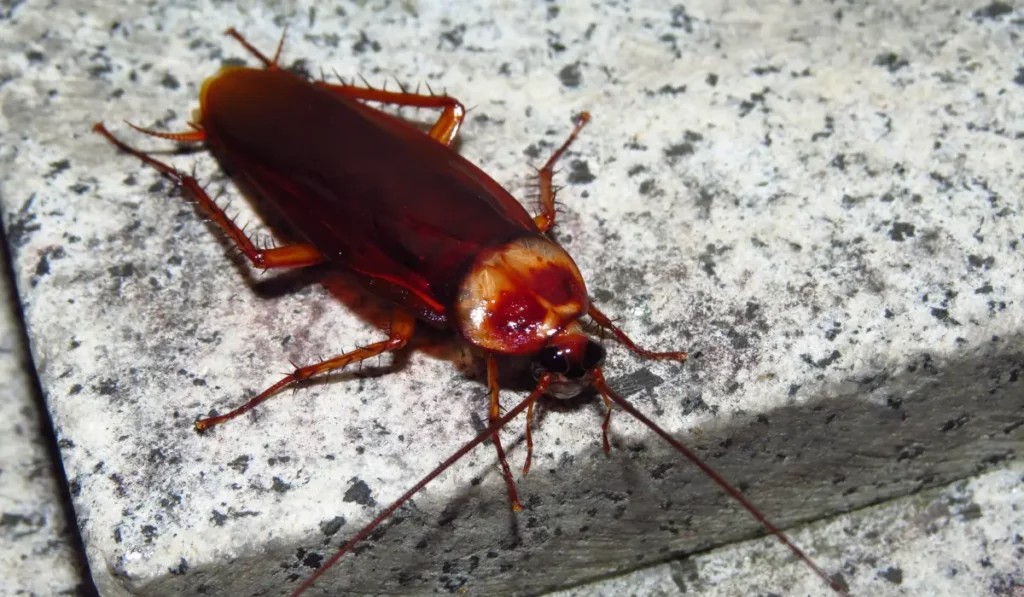Cockroaches are unwelcome guests in many homes. In 2021, over 11% of American homes reported seeing these pests, highlighting their prevalence. If you suspect a cockroach problem, understanding their survival habits is crucial for effective prevention and control.
Key Survival Stats: Food and Water
- Without Food: Many cockroach species can survive for up to a month without food.
- Without Water: Cockroaches can only survive for about a week without water.
Cockroach Diet: What They Eat
Cockroaches are not picky eaters. They consume a wide variety of items, which can be categorized into primary and secondary food sources.
Primary Food Sources
These are the preferred food options for cockroaches in your home:
Food Scraps
- Leftover or unsealed food: Cockroaches are attracted to readily available food sources.
- Crumbs: Even small crumbs can sustain a cockroach for a significant amount of time.
- Liquid spills: Spills provide both hydration and potential nutrients.
Organic Matter
- Rotting fruits and vegetables: Decaying organic matter is a common food source.
- Dead insects: Cockroaches will scavenge on dead insects.
- Feces: Fecal matter provides nutrients for cockroaches.
- Fingernail clippings, hair, dead skin: These are also sources of organic matter.
- Pet food: Unattended pet food is a major attractant.
Secondary Food Sources
When primary food sources are scarce, cockroaches will turn to these less desirable options:
Cardboard and Paper
Cockroaches can digest cellulose, making cardboard and paper viable food sources.
Soap and Toothpaste
These items often contain fats and other organic compounds.
Book Bindings
The glue, cardboard, and paper in book bindings provide sustenance.
Glue and Adhesives
These can contain organic matter that cockroaches can consume.
Pet Waste
Cockroaches will consume feces and urine as a last resort.
Cockroaches and Water
Water is crucial for cockroach survival. Without it, they can only survive for about a week. This is why keeping your home dry is an important preventative measure.
What Happens When There’s No Food?
While cockroaches can survive a month without food, they will eventually leave if there is no accessible food source. However, their ability to find sustenance from a wide range of materials makes complete food elimination difficult.
Cockroach Infestation Prevention Tips
Preventing a cockroach infestation involves creating an inhospitable environment.
- Cleanliness: Keep your home clean and dry. Wipe up spills, store food in airtight containers, and regularly clean kitchen and bathroom surfaces.
- Seal Entry Points: Seal cracks and crevices in walls, floors, and ceilings to prevent entry.
- Boric Acid: Sprinkle boric acid near potential entry points.
- Essential Oils: Diffuse cockroach-repelling essential oils like peppermint or citronella.
Investing in professional pest control services is often the most effective way to manage and prevent cockroach infestations. By understanding how long a cockroach can live without food and water, and by implementing preventative measures, you can protect your home from these resilient pests.
